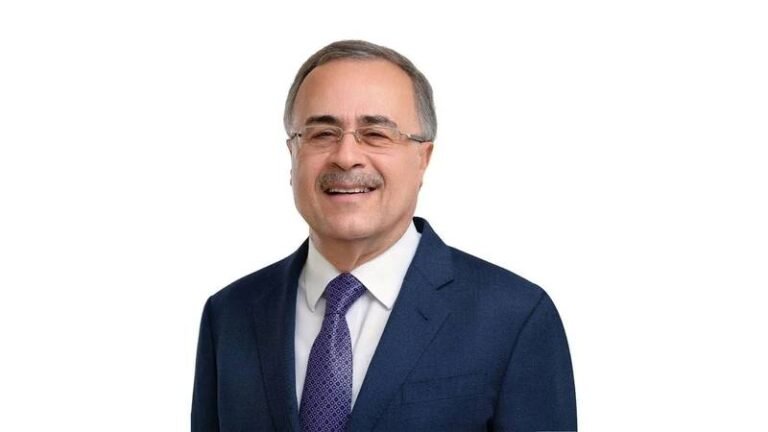Aramco CEO Emphasizes Pragmatism in Global Energy Transition at Energy Asia 2025
Aramco President & CEO Amin H. Nasser delivered a powerful message at Energy Asia 2025, highlighting the need for a balanced and pragmatic approach to the global energy transition. Nasser emphasized the importance of considering the realities of global energy demand, particularly in fast-growing regions like Asia that still heavily rely on conventional energy sources.
In his address, Nasser challenged the prevailing narrative that the energy transition would swiftly phase out oil and gas, pointing out that global oil demand continues to exceed 100 million barrels per day with no signs of collapsing. He described the transition plan as “oversold and under-delivered,” citing the exorbitant costs, potentially reaching $200 trillion, and growing public skepticism surrounding the feasibility of rapid decarbonization.
While acknowledging the importance of renewable energy sources like wind, solar, and electric vehicles, Nasser stressed that oil and gas remain essential components of the energy mix, especially in meeting current and future demand growth. He called for a more nuanced approach that focuses on investing in emissions reduction technologies and implementing flexible, country-specific transition strategies.
For Asia, which accounts for nearly half of global energy demand, Nasser underscored the need for the region’s unique challenges and resources to be taken into account when shaping future energy policies. He argued that without considering Asia’s scale and development needs, the energy transition would lack both momentum and feasibility.
Rejecting the notion of abandoning legacy fuels outright, Nasser proposed a strategy of improving traditional energy sources while gradually integrating new solutions at a realistic pace. “The goal is not to abandon traditional energy. It’s to improve it, while expanding new solutions at a realistic pace,” he stated.
As global volatility and geopolitical disruptions continue to impact energy security, Nasser called for collaboration among governments, industries, and innovators in both traditional and emerging energy sectors. He emphasized the importance of developing a secure, affordable, and sustainable energy future grounded in reality.
In conclusion, Nasser’s address at Energy Asia 2025 highlighted the necessity of approaching the global energy transition with pragmatism and collaboration. By acknowledging the complexities of energy demand, investing in technology, and fostering cooperation across sectors, Nasser advocated for a future that balances sustainability with security and affordability.

